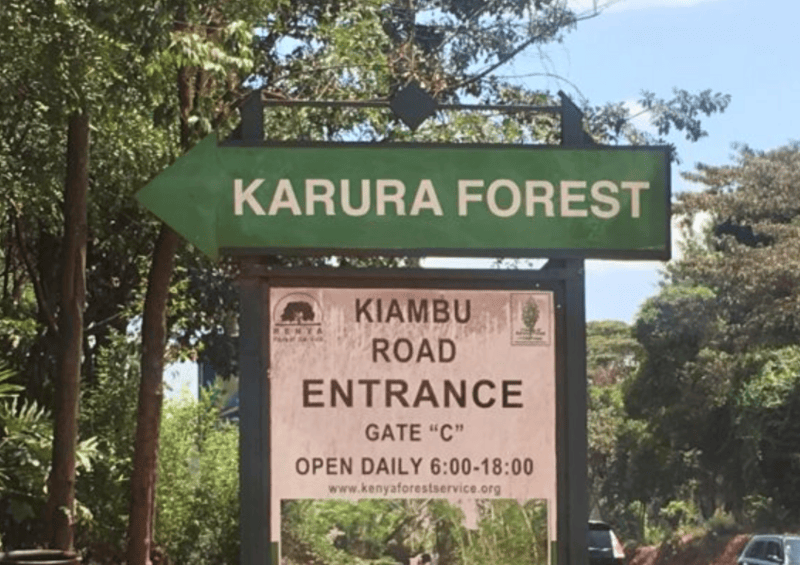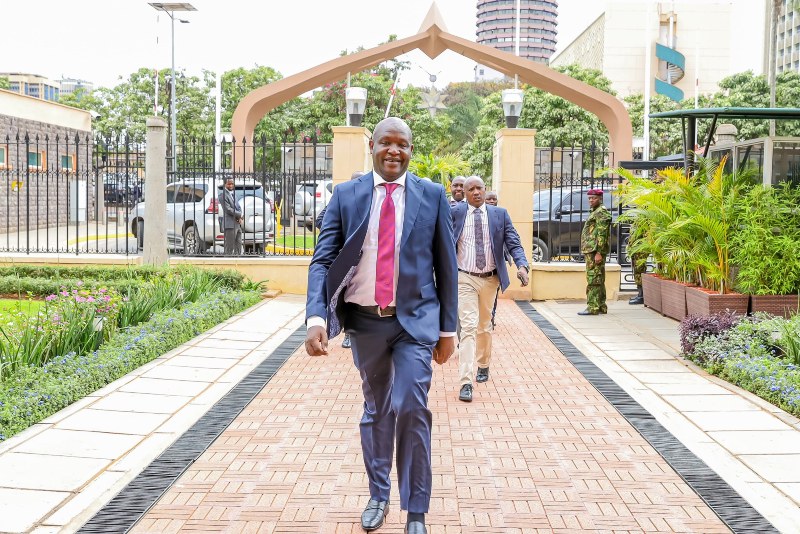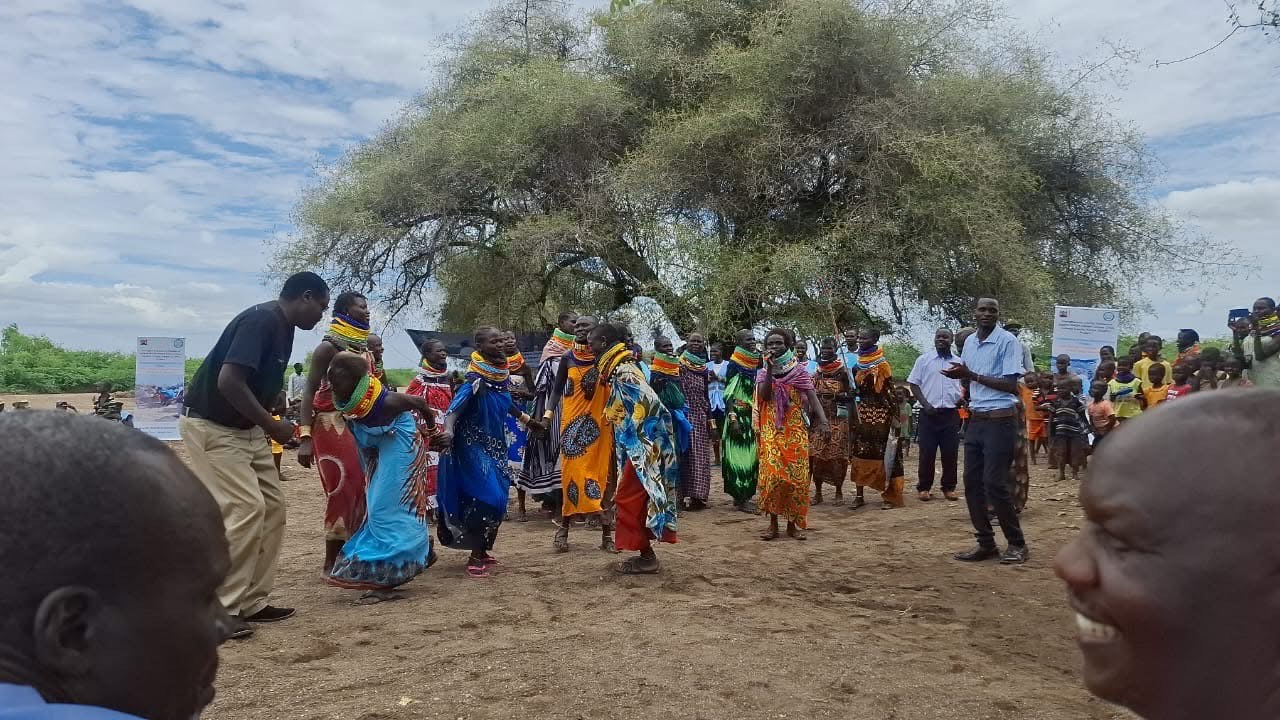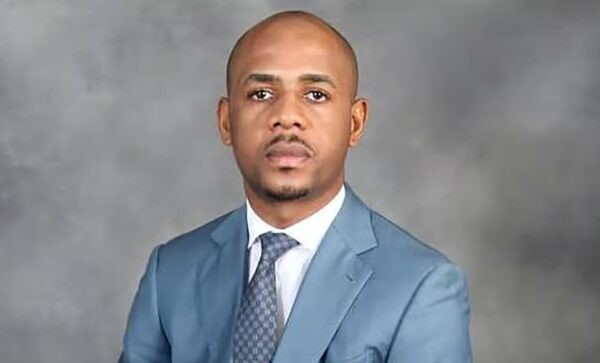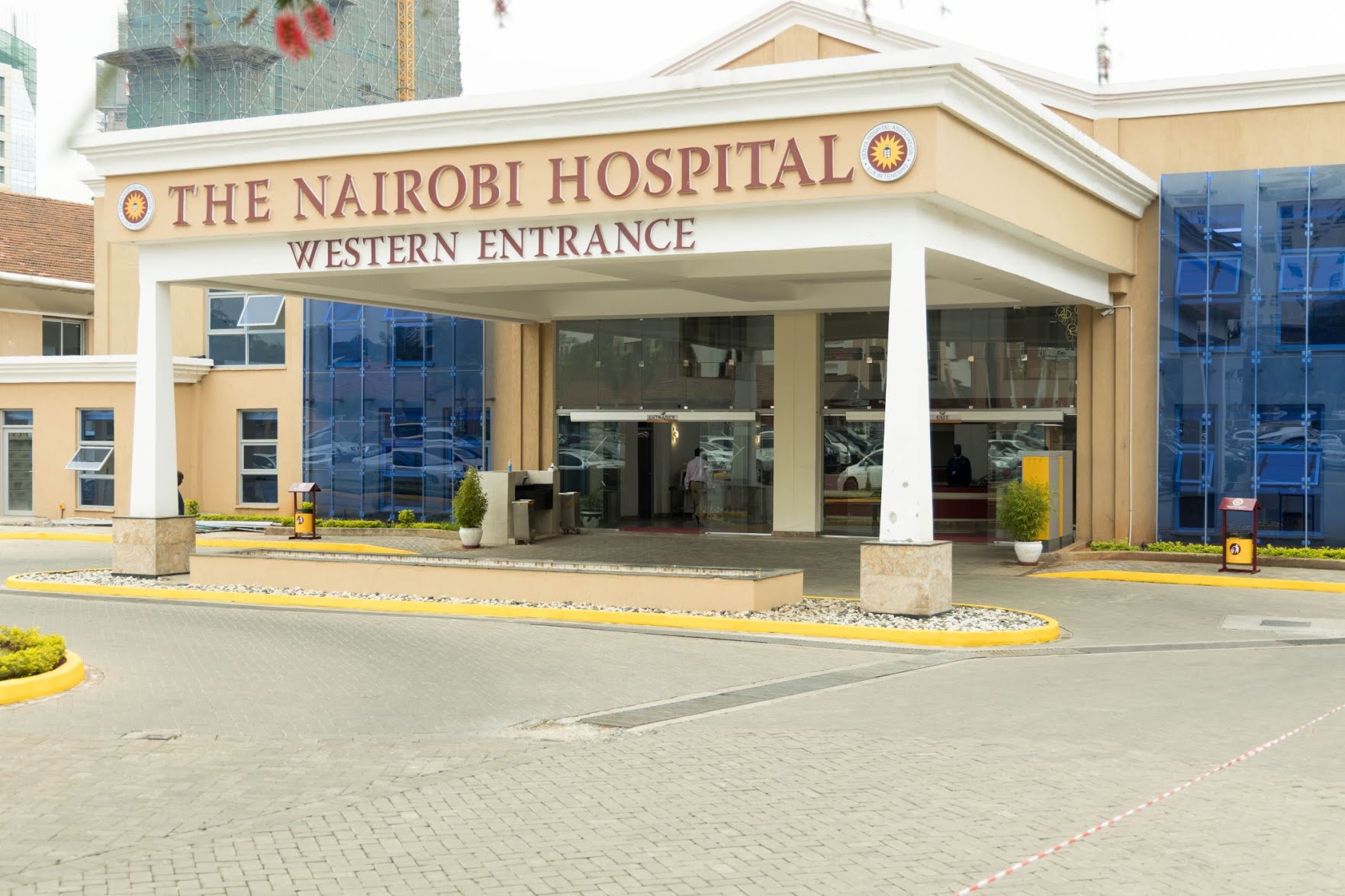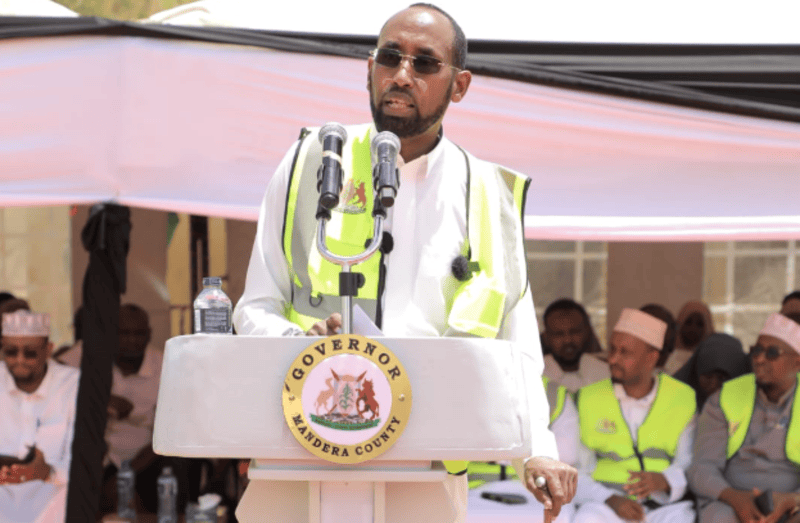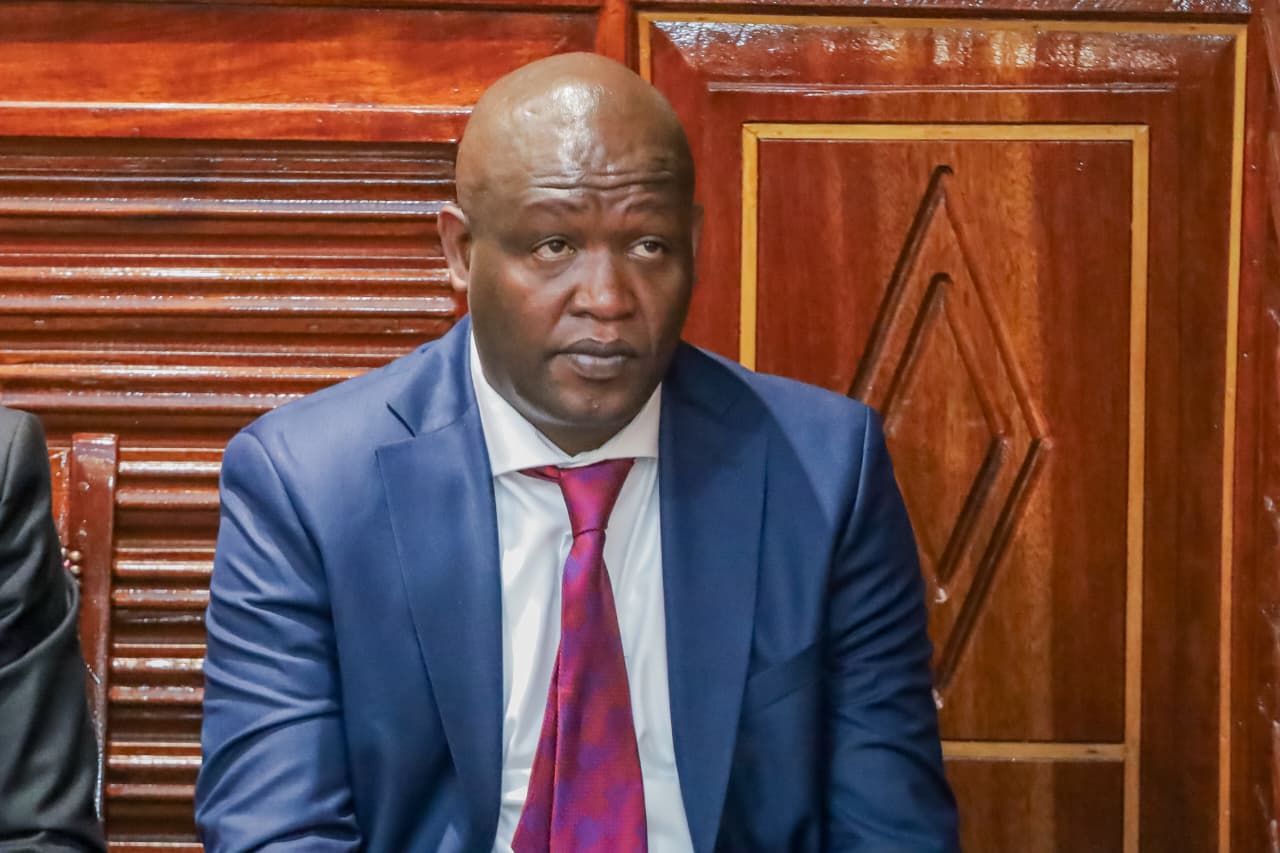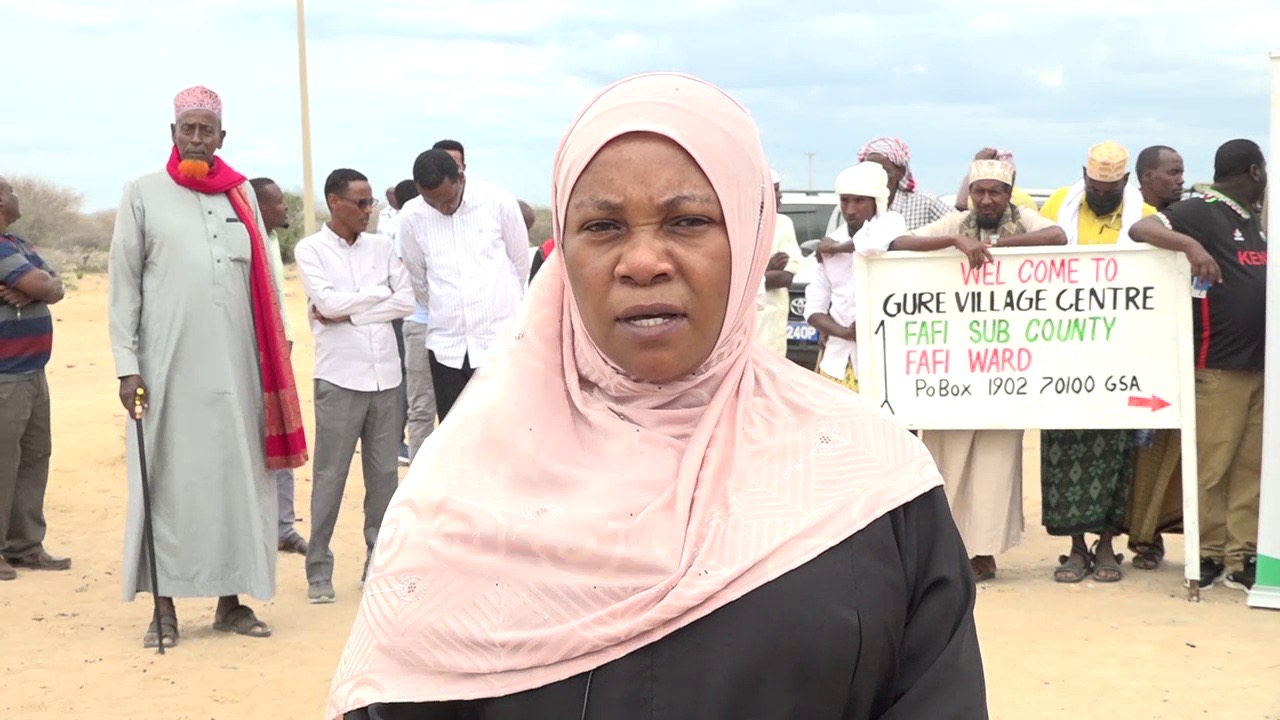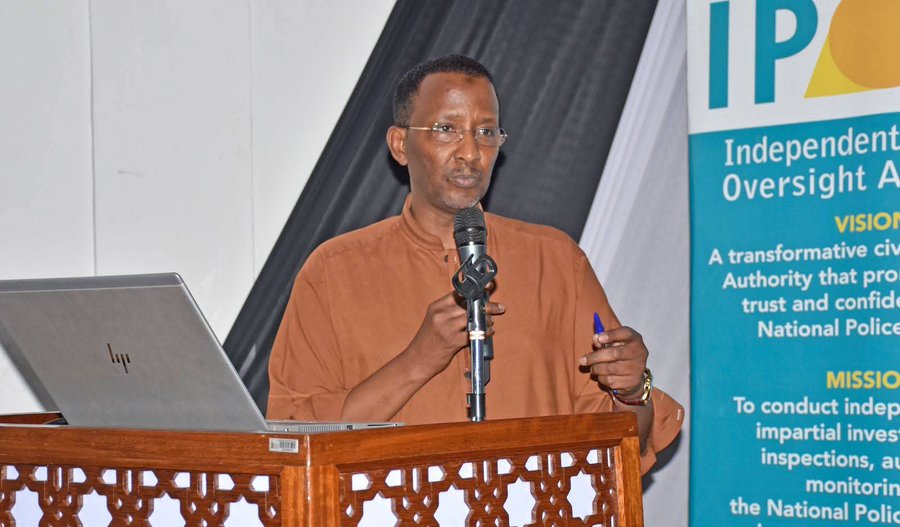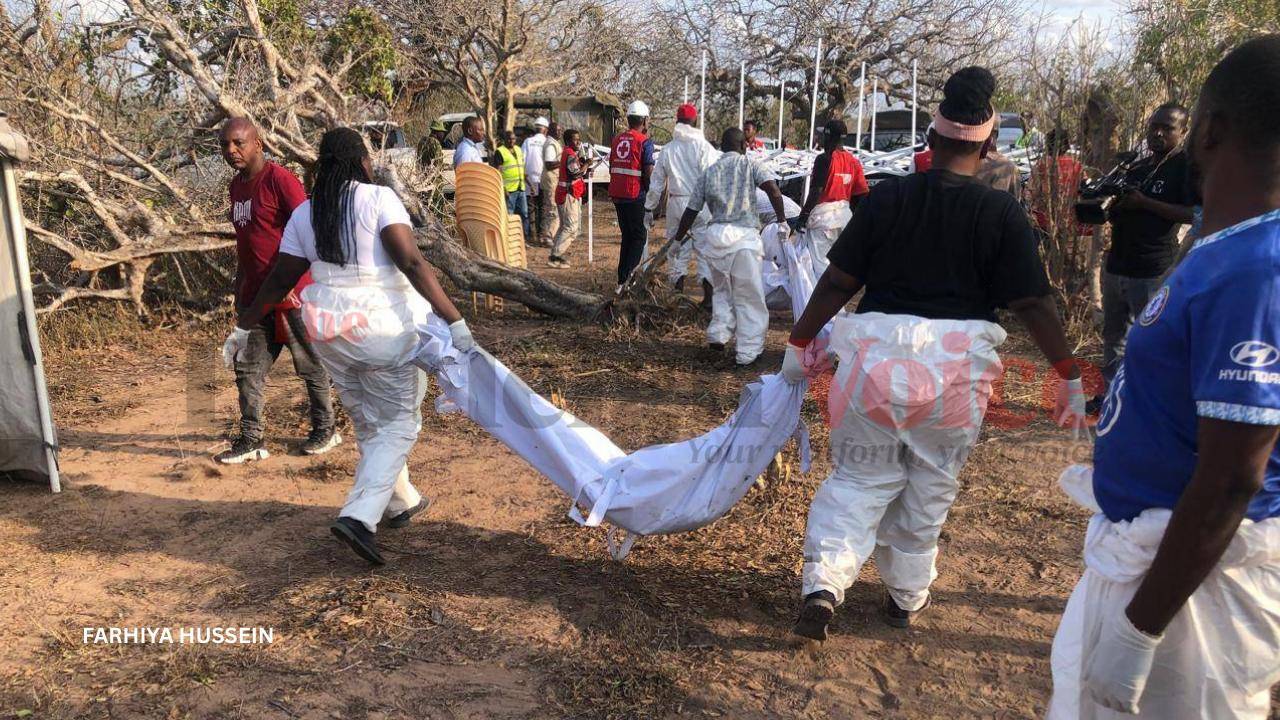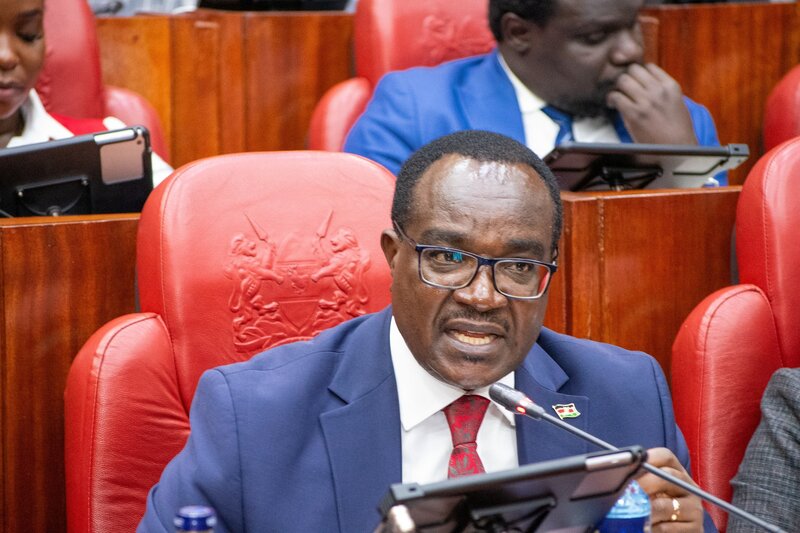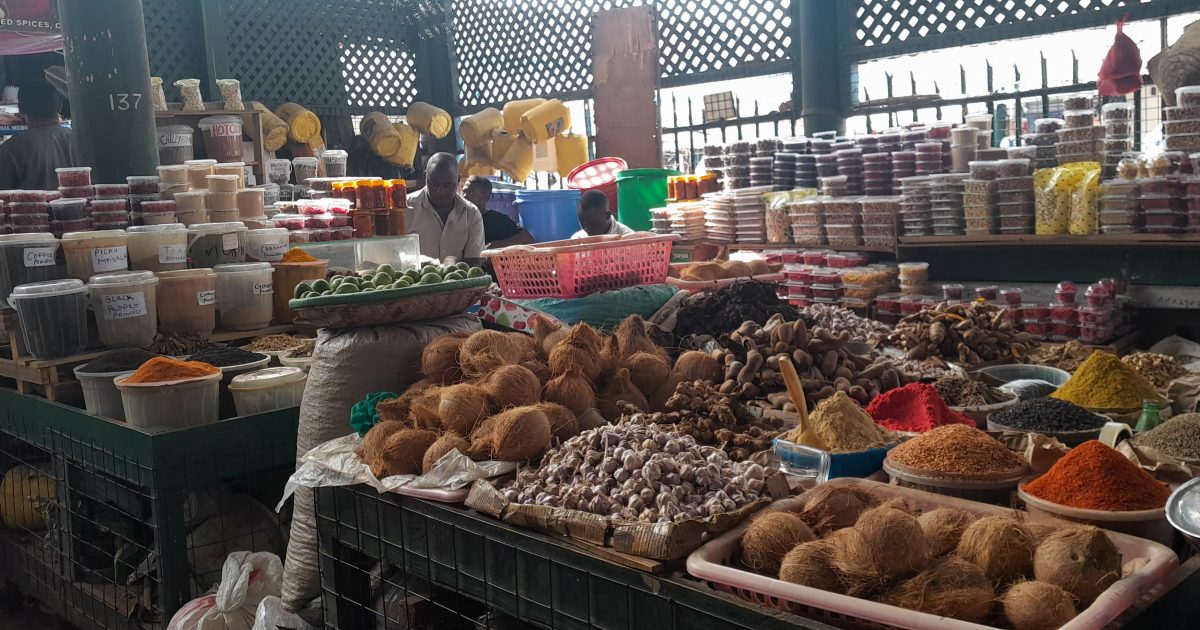MPs probe alleged unethical kidney transplants at Mediheal Hospital
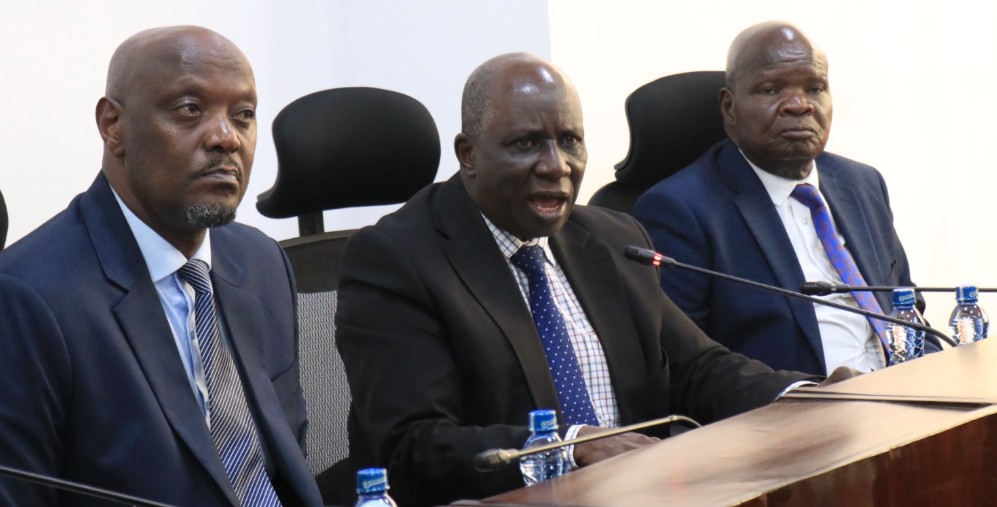
The committee’s terms of reference include a deep dive into oversight mechanisms governing transplants, such as licensing, monitoring, and audit protocols. It will also examine whether existing laws are robust enough to prevent exploitation in Kenya’s organ donation and transplant framework.
Members of Parliament have opened an 80-day public inquiry to investigate allegations of unethical kidney transplants and possible organ trafficking at Mediheal Hospital’s Eldoret branch, following mounting concerns from medical professionals and civil society.
The probe comes amid claims of transplant tourism, coercion of donors and potential breaches of both Kenyan and international standards.
More To Read
- MPs launch probe into kidney transplants on foreign nationals in Eldoret hospitals
- Mediheal founder faces prosecution, deportation over kidney transplant cases– CS Duale
- We’ll seize property linked to alcohol and drug crimes, declares CS Murkomen
- Nakuru to host 'World Day Against Trafficking in Persons' commemoration amid rise in cases
- Mediheal founder Swarup Mishra rejects organ trafficking report, says no kidney was exported
- Kenyan organ transplant centres rarely reinspected, report finds
The National Assembly’s Departmental Committee on Health is spearheading the inquiry, which aims to assess the legality, ethical compliance and oversight of kidney transplant services at the hospital.
It follows a recent exposé and a damning statement by the Kenya Renal Association (KRA), which, on May 3, 2024, raised the alarm over a pattern of unethical organ donations involving vulnerable Kenyan donors and foreign recipients.
The renal association’s statement pointed to testimonies suggesting coercion, lack of proper informed consent and financial inducements to donors—actions that would contravene both Kenyan law and global ethical standards on organ transplants.
“This is a serious matter that touches on the dignity of life and the reputation of Kenya’s medical profession. We intend to get to the bottom of it,” Seme MP James Nyikal, who chairs the committee, said during a press briefing at Parliament Buildings on Tuesday.
“We are going to ask critical questions: Were the procedures at Mediheal in line with the Health Act and Human Tissue Act? Was there evidence of organ commercialisation? Were donors fully informed, or were they deceived or coerced into donating?” Nyikal said.
Unease about transplant procedures
Mediheal Hospital, one of East Africa’s largest private health providers, has offered transplant services for more than a decade. However, scrutiny around its Eldoret branch has intensified in the past two years amid growing unease about how transplant procedures are conducted.
Allegations indicate that the facility may have become a hub for so-called “transplant tourism”—a controversial practice where foreign patients allegedly receive organs from local donors under murky ethical and legal circumstances.
The parliamentary committee noted that it will also investigate the involvement of foreign nationals, both as recipients and as part of Mediheal’s medical staff. Legislators are expected to question whether immigration, licensing and medical vetting procedures were properly followed.
“Did Mediheal conduct due diligence in verifying the relationships between donors and recipients, especially where foreign nationals were involved? Were these matches medically appropriate, and did they meet ethical standards?” Nyikal posed.
The inquiry follows an earlier move by the Ministry of Health in December 2023, which constituted a fact-finding mission to audit transplant activities at the hospital. The team, comprising transplant surgeons, ethicists, officials from the Kenya Blood Transfusion and Transplant Services (KBTTS), the Kenya Medical Practitioners and Dentists Council (KMPDC), and the Kenya Renal Association, was tasked with examining the clinical, legal and ethical dimensions of Mediheal’s transplant procedures.
The matter escalated further on April 17, 2025, when Health Cabinet Secretary Aden Duale suspended all kidney transplant services at Mediheal hospitals nationwide. He also appointed an independent expert committee to audit every transplant conducted at the facility over the past five years.
Two senior officials from KBTTS, Dr Maurice Wakwabubi and Dr Everlyne Chege, were suspended to ensure the credibility and independence of the investigations.
The National Assembly committee said it will run its probe parallel to the executive-led audit, and will also examine whether regulatory bodies such as the Kenya Tissue and Transplant Authority, the Ministry of Health and the KMPDC failed in their oversight roles.
“Have our institutions failed in their mandate to protect Kenyans from exploitation?” Nyikal posed.
“We want to know if the Kenya Medical Practitioners and Dentists Council and the Ministry of Health acted swiftly on any warnings they might have received.”
Terms of reference
The committee’s terms of reference include a deep dive into oversight mechanisms governing transplants, such as licensing, monitoring, and audit protocols. It will also examine whether existing laws are robust enough to prevent exploitation in Kenya’s organ donation and transplant framework.
To enhance public transparency and engagement, MPs will invite oral and written submissions from affected patients, healthcare professionals and members of the public. They also plan to conduct physical inspections of Mediheal facilities and review patient records, donor-recipient declarations and transplant approvals, all under strict confidentiality measures.
International transplant and ethics experts are also expected to advise the committee by offering global perspectives and best practice models to inform Kenya’s regulatory approach.
Central to the inquiry is the identification of systemic, legal or institutional loopholes that may have allowed alleged violations to occur. The committee will propose reforms to tighten the country’s transplant policies and recommend disciplinary action for any individuals or institutions found culpable.
“As we conduct this inquiry, our aim is not just to punish wrongdoing, but to strengthen our systems,” Nyikal said.
“We want to ensure that Kenya’s health sector is safe, ethical, and internationally respected.”
The committee reiterated that the inquiry is part of broader efforts to safeguard the credibility of Kenya’s healthcare system and uphold public confidence, particularly as the country pushes forward with its Universal Health Coverage agenda.
Top Stories Today
Reader Comments
Trending
